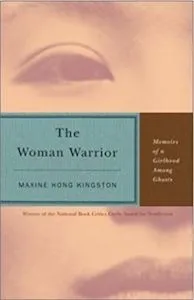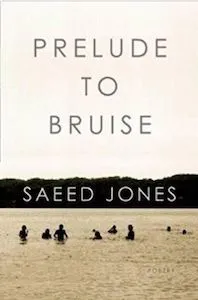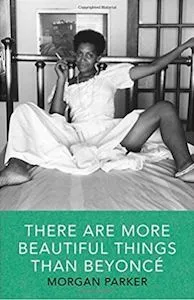
Reading Everything But Straight White Men
This content contains affiliate links. When you buy through these links, we may earn an affiliate commission.
In Kweli’s “Race, Power and Storytelling: An Interview with Tiphanie Yanique,” Namrata Poddar leads with a sobering statistic: “the current American publication industry is 87% white at executive levels of decision-making.” Yanique eloquently expresses how the act of reading, seemingly small, affects change:
Each of us…are part of the industry’s gatekeepers. Everyone reading this interview is also. They can click on a link and buy a book or they cannot. They can read this entire article and help Kweli get more hits, or they cannot. That is power. How are we wielding that power?
I haven’t read a book written by a heterosexual white man since 2014 after I began a title I had already imbibed. My entire reading experience, shrouded in clouds of vague familiarity, felt like recognizing a face before placing a name and connection. It took me 80-something pages to realize I had, in fact, finished the memoir before. Then, I was working full time, editing and writing on the side, and falling in love with my person, so pockets of reading time proved rare. Luxurious. (I had yet to pack my mouthguard and book light in my weekender.) Frustrated, I mourned my lost time, knowing I could’ve read Julia Alvarez or Joan Didion or Roxane Gay. And I would.
Forever changed by the moment, I began tracking my reading two Julys after regaining control of it. Cheers to the post-syllabus life! In the past 43 months, every dollar I’ve spent on books, every recommendation, every single action at the library has benefited a woman, person of color, or the LGBTQ community. The deeper I read, the more titles and authors I uncover. I’ll never be finished. This is not a phase.
Looking at my records, I’ve devoured, to the best of my math abilities, 125 books since that summer: 71 fiction, 27 poetry, and 27 nonfiction titles. 102 were authored by women, 83 by people of color, and 32 by LGBTQ writers.
To celebrate, I chose standout books for every year and an extra because it’s hard to stop.
How could I not mention the first title I logged? I acquired this dazzling gem between undergraduate and graduate school. After moving it state to state, I finally opened it. Total love at first sentence: “‘You must not tell anyone,’ my mother said, ‘what I am about to tell you…’”
I carried “Mercy” in my purse for months. Dug it out and unfolded it to reread in grocery store lines or in parking lots like a prayer. I’m waiting patiently for his memoir, “How We Fight for Our Lives,” because peep this beautiful repetition: “If fog had a sound, / if the moon decided to hold its breath, / if she ever heard the way I cry out in my sleep, / mercy.”
In Parker’s book, the mounting crescendo of layers of experience and being and meaning feels tangible. In the room with you. I don’t know how to categorize this extraordinary collection; I do know that I want to follow this writer forever. Because everyone knows I’m crazy about dreams: “The only dream I’ve had all year / is the one where I am driving / out of control.”



 The Woman Warrior: memoirs of a girlhood among ghosts
The Woman Warrior: memoirs of a girlhood among ghosts Prelude to Bruise
Prelude to Bruise







